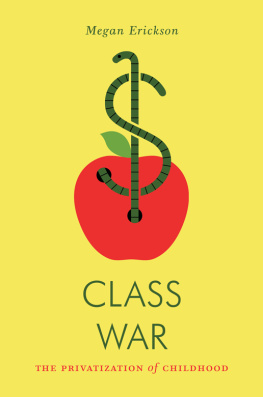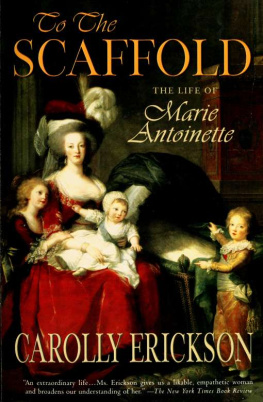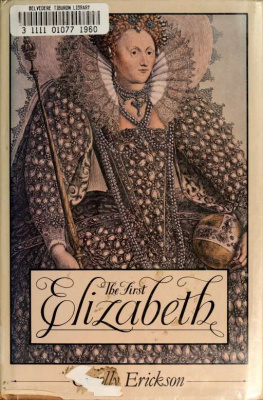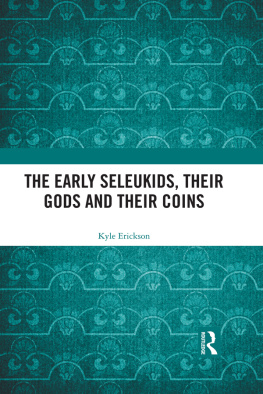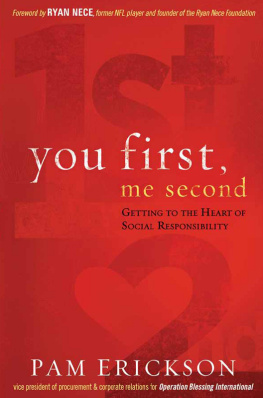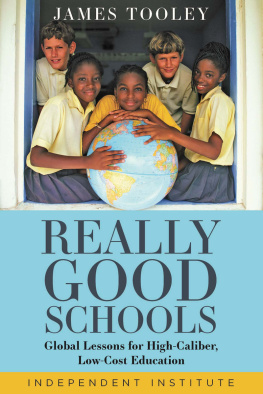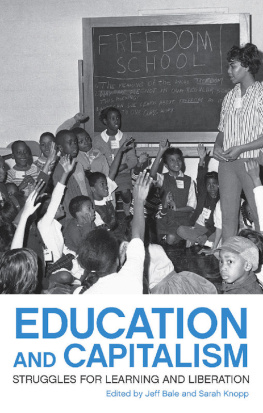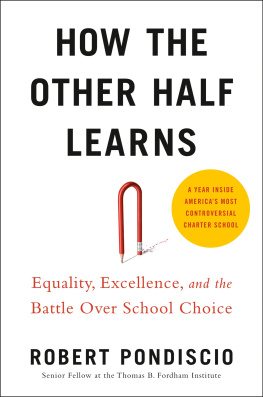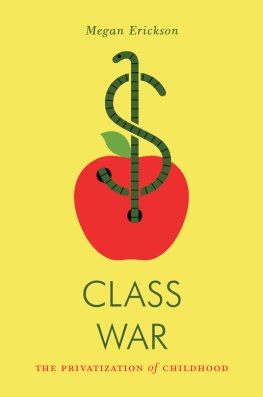The truth about baby shoes is that no one needs them. Newborns dont walk and they dont skateboard, but todays expectant parents can buy a miniature version of every niche adult shoe thats come to market in the past thirty years from Vans, Converse, Air Jordans, and Toms to shearling leopard print UGGs. Luxury retailer Stuart Weitzman offers gladiator sandals in gold leather with rhinestones in infant sizes for thirty-nine dollars a pair. J. Crew sells a tutu that costs more than the tasting menu at Jean Georges. The Bugaboo strollerwhich is marketed as a mobility concept and is priced between $500 and $1,000 depending on the modelhas become iconic baby gear after appearing in an episode of Sex and the City. In consumer culture, accessories are imbued with the power to express the personality of the owner or wearer, making us appear hip, countercultural, chic, nerdy, in on the joke, socially conscious, etc.but never has the demand to endow kids with an identity been higher. The luxury baby market, which didnt exist before the 1990s, now brings in $10.6 billion a year.
As children grow, affluent parents continue to spend more on learning experiences like sports lessons, country club membership fees, enrichment CDs, trips to childrens museums, and travel abroad. The right private preschool is expected to open the door to admission to the right elementary, middle, and high school, then the Ivy League, and a lifetime of success.
Free public preschool or Universal Pre-K (UPK) is hardly easier to get into than private school. In 2013, the most popular programs admitted less than 5 percent of the families with four-year-olds who applied. In the 2014 school year, even after New York City mayor Bill de Blasio doubled the number of seats available to 40,000, only 62 percent of families who applied got a position.
Meanwhile, nearly a third of American children live in households with incomes below 60 percent of the national median of about $31,000 (as of 2008).
It is a stark contrast. Heres another: Only 5.3 percent of children in Norway, about 7 percent in Finland, and 10 percent in Denmark live in such extreme poverty. The wealthiest country in the world, the United States is slotted just above Mexico, Israel, Spain, Greece, and Latvia when it comes to the percentage of children living in impoverished householdsbehind thirty-five out of forty-one nations surveyed.
These families are not the audience for essays on How to Parent Like a German. Most stories in that vein (and there are plentyAmerican expatriates writing on the wisdom of European parenting now constitutes an entire genre) focus on the internal battles of individual parents and use psychological language to admonish American parents to simply let go and relax, to back off, quit being a helicopter parent. Sara Zaske, an American mother and journalist, writes in Time: The first time I went to a playground in Berlin, I freaked. All the German parents were huddled together, drinking coffee, not paying attention to their children who were hanging off a wooden dragon 20 feet above a sand pit. Where were the piles of soft padded foam? The liability notices? The personal injury lawyers? Ultimately, she gains the confidence to let her child play freely on the playground and even go to the store by herself. Shes come to terms with the more laid-back style of German parentsand that is where her story ends.
But of course, its the beginning of a much more interesting question. American parents are not suffering from a collective delusion. The phenomenon they are responding to is real. Why are American parents of all classes experiencing such pressure to ensure that their children are constantly being giving every advantagebeing constantly overseen and prepared for the competitive world of adulthood?
Pamela Druckerman, another American mother, and the author of Bringing Up Bbwhich is much more interesting than its cutesy title suggestsbegan writing her book after moving to France and observing that French babies start sleeping through the night at two or three months old, dont seem to require constant adult supervision, and are capable of hearing the word no without collapsing. French parents are very concerned about their kids, she writesbut they arent panicked about their childs well-being, or exhausted, as many Americans seem to be. Druckerman attributes the difference to widespread absorption in the problem of children falling behind since the 1990s, and to the growing sense that children are psychologically fragile. Though the rate of violent crime has fallen dramatically since the early 1990s, news reports create the impression that children are at greater physical risk than ever. She also points out the real economic advantages to being a parent in France: French parents have access to fulltime, government-subsidized and regulated day care. Middle-class parents prefer crches to hiring nannies privately. Druckerman recalls the different reactions she got from her American versus French friends and family to finding a place for her child in a crche. Her mother paused tepidly over the phone. An American friend said she liked more individualized attention for her own child than a day care could provide. French friends, on the other hand, congratulated her, and practically crack[ed] open champagne.
American ambivalence toward day care makes sense given the lack of federal oversight and regulation and the high turnover and low pay for teachers, which means program quality varies immensely. It also reflects a larger ambivalence about womens role in society: The so-called mommy wars are still going on here, as conservatives continue to question whether a womans place isnt really at home with her kids. Additionally, there is a class stigma to day care in the States that does not exist in most European countries. Institutionalized day care in America has traditionally had a compensatory rolefunctioning as a way to make up for perceived deficits in low-income families, from early-twentieth-century programs aimed at working-class women to the first federally funded system of early childhood education and health care, Head Start, which was founded in the 1960s and means-tested, meaning only families making below a certain income level were welcome. Finally, and more subtly, day care is a collective andin comparison to the private householdpublic space, requiring cooperation among large numbers of families, teachers, and administrators, in a country that above all values individual freedom. American families worry constantly that another childs needs will take precedent over the needs of their own child.

